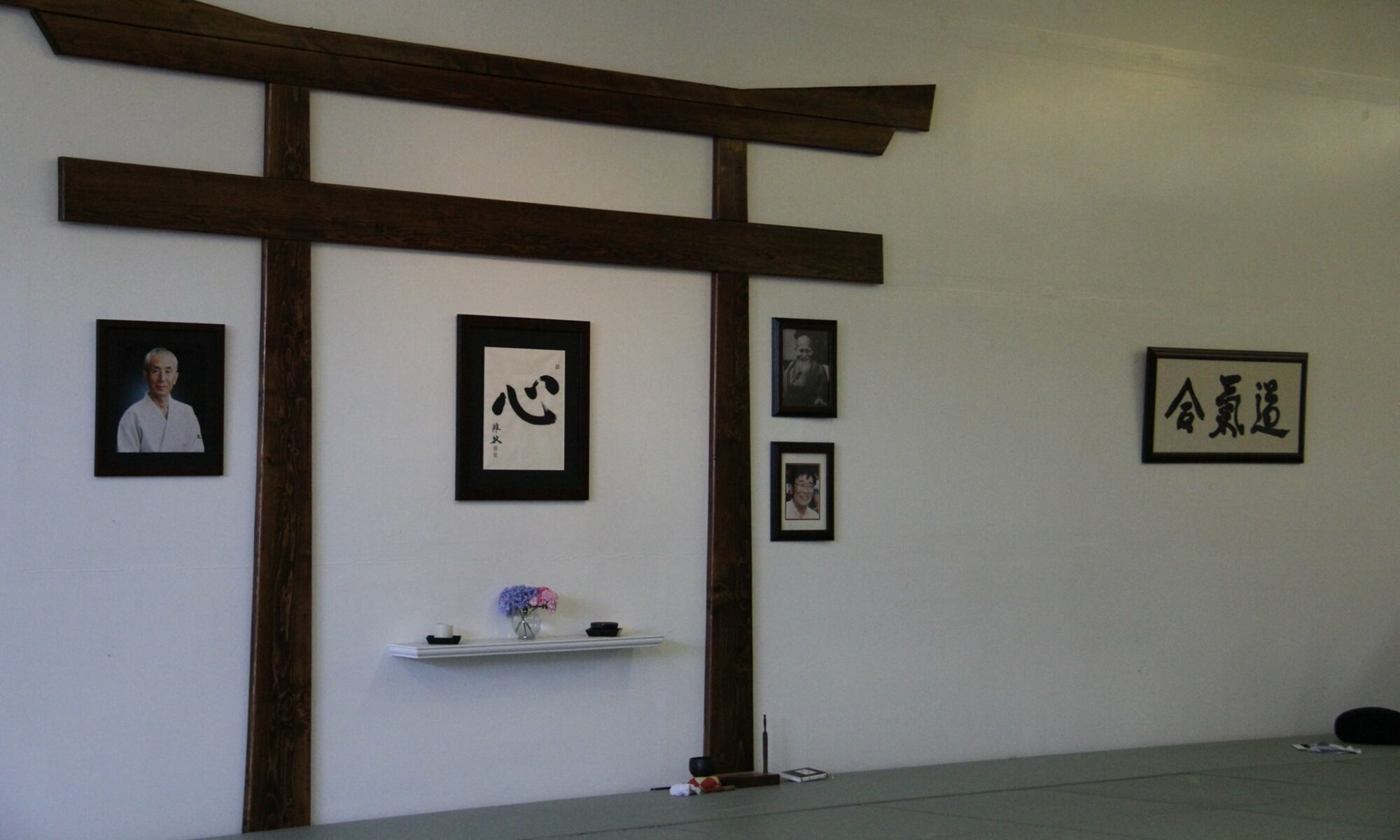Veteran’s Day – November 11, 2020
In the Japanese martial tradition that evolved into Aikido, the Samurai hold a distinct relevance. The Samurai or Bushi were the ruling class of warriors in ancient Japan. Arguably, the Bushi were the most disciplined, well trained, and well-equipped warriors in history. However, the word Bushi means ‘to serve.’ Service in the same way that all veterans have served and how our country’s own veterans have served. This service should never go unforgotten and on Veteran’s Day we have the opportunity to remind ourselves to never forget. As one now famous U.S. Navy veteran once said so well:
“When you say ‘Never forget’ to a veteran, you are implying that, as an American, you are in it with them… connected together as grateful fellow Americans who will never forget the sacrifices made by veterans past and present.”
In our martial arts tradition we work to erode the idea of us and them. We learn that we are not separate from each other and that through our commitment to each other we become better people. So, take it from 3,000 years of martial arts tradition or take it from a modern warrior whose credentials cannot be dismissed… Never forget!
To never forget is recognizing that 3,000 innocent lives were wrongfully taken in the attacks of 9/11/2001. To never forget is taking a moment to reflect on the fact that over 1.3 million service members have lost their lives and more than 1.5 million have been wounded since the inception of our country. To never forget is acknowledging that while time marches on, memorials erected, and people move on with their lives, thousands of families, first responders, and service members continue to experience long-term medical and psychological effects that result from their experiences or the experiences of those they care about, in service to others. To never forget is to remember what brings us together as a country and to see the good in each other. To never forget is recognizing that it’s our responsibility, as martial artists in this tradition, to dedicate ourselves to serving others. And, to never forget is remembering that we are all in this together.
In our dojo, we have people who grew up in military homes, we have people who have served our communities as teachers, we have people who have served as first responders, we have people who have served by helping others in many ways, and we have people who have served in the military through many conflicts around the world. Our practice, like the Bushi before us, is to serve and, in service, we experience being in this together.
By Nate Weed

